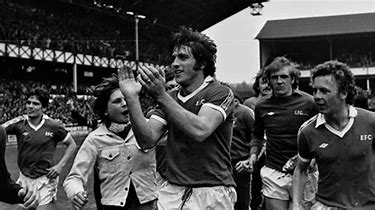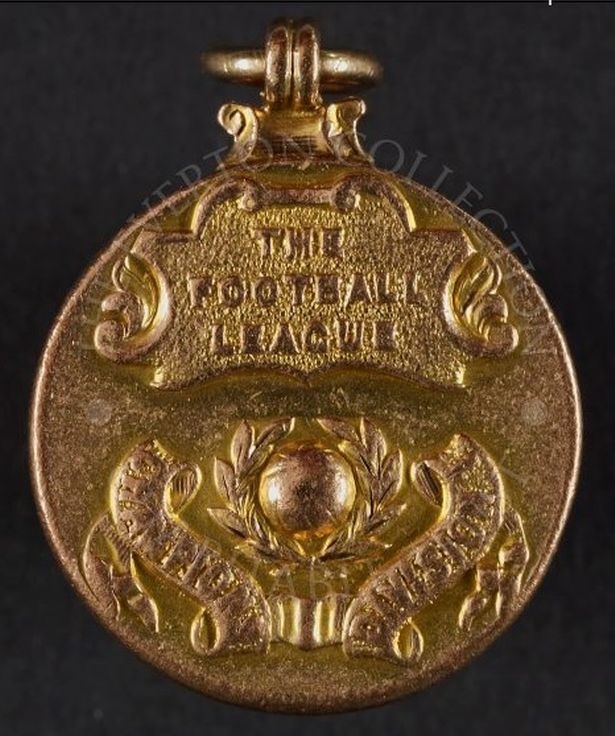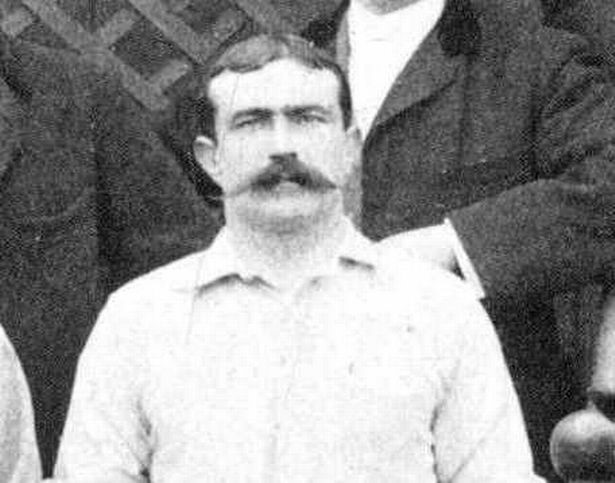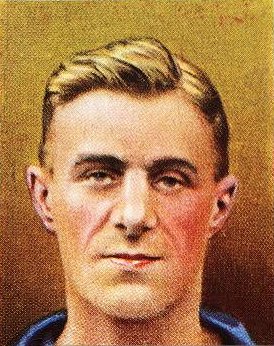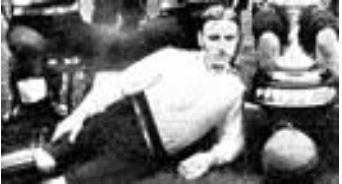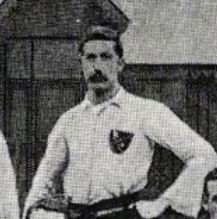Bob Latchford’s 30 goal season
"Bobby Latchford walks on water", echoed the cry from the Goodison terraces as they idolised their Everton number nine. Everton were renowned for their famous number nines and Bob was no different. The Daily Express newspaper decided to offer a prize of £10,000 for a player to hit the back of the net thirty times in the 1977/78 season. The last time this feat had been achieved was back in 1972 when Francis Lee hit thirty three goals for Manchester City. Manager Billy Bingham signed Bob in 1974, for what was then a massive record signing fee of £350,000, with…

